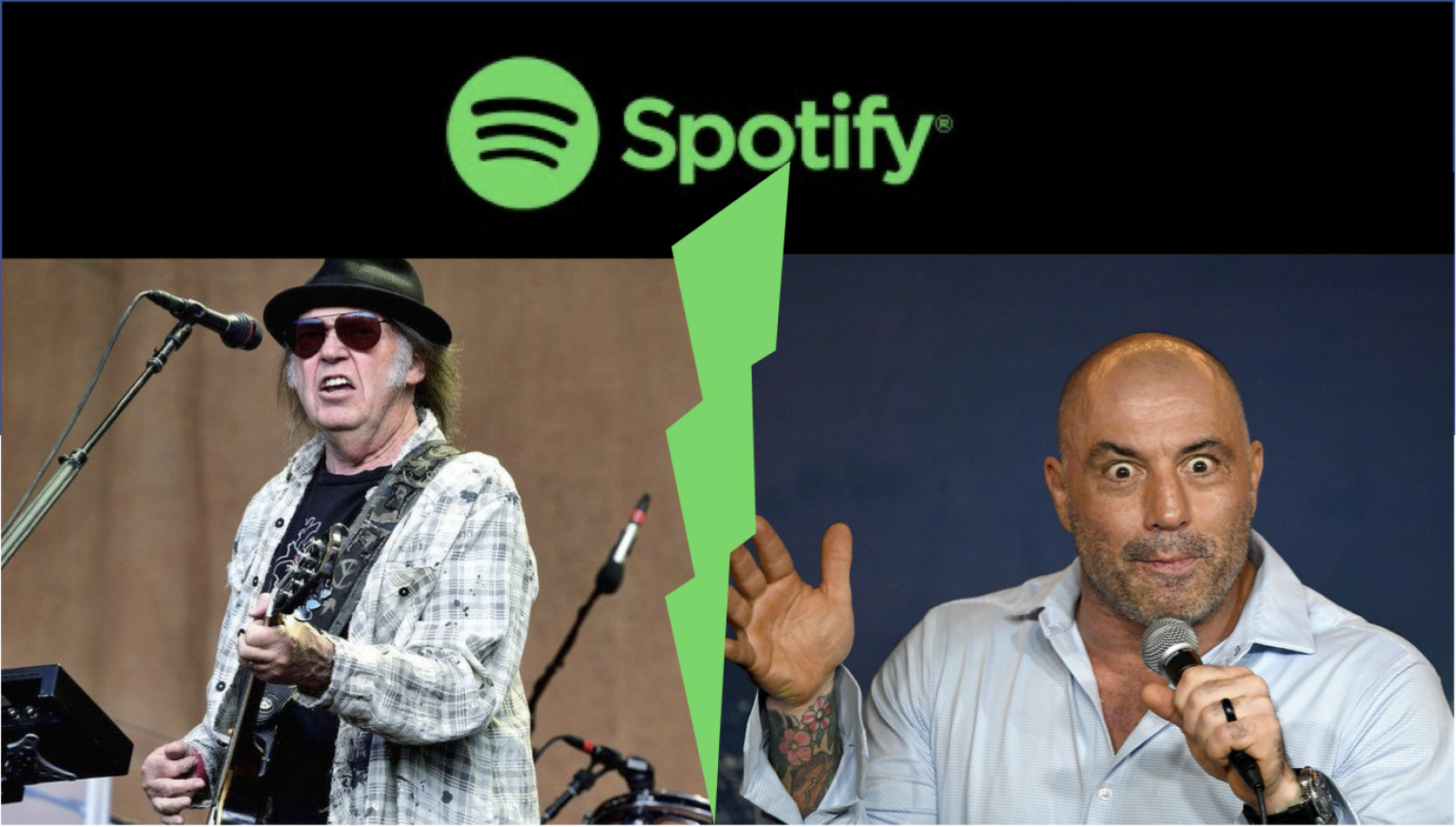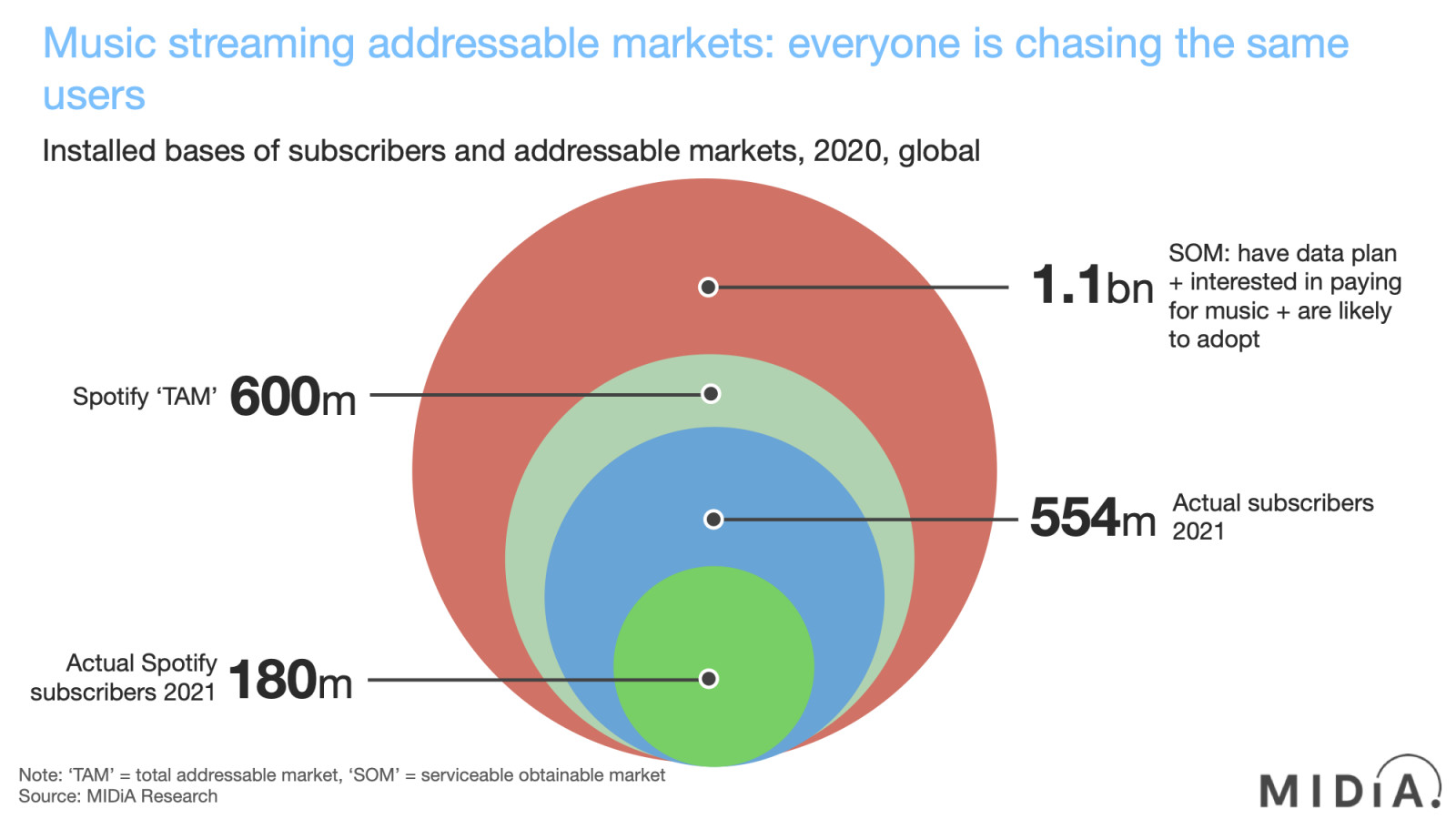
Mark Mulligan
Browse all of our reports, featuring our analysts' expert insights and analysis of audience segmentation, emerging trends and technologies, value chains, market shares, predictions and more – backed by our proprietary survey data and bespoke models & forecasts. Become a subscriber to get new ones every month, or just pick one to get started.

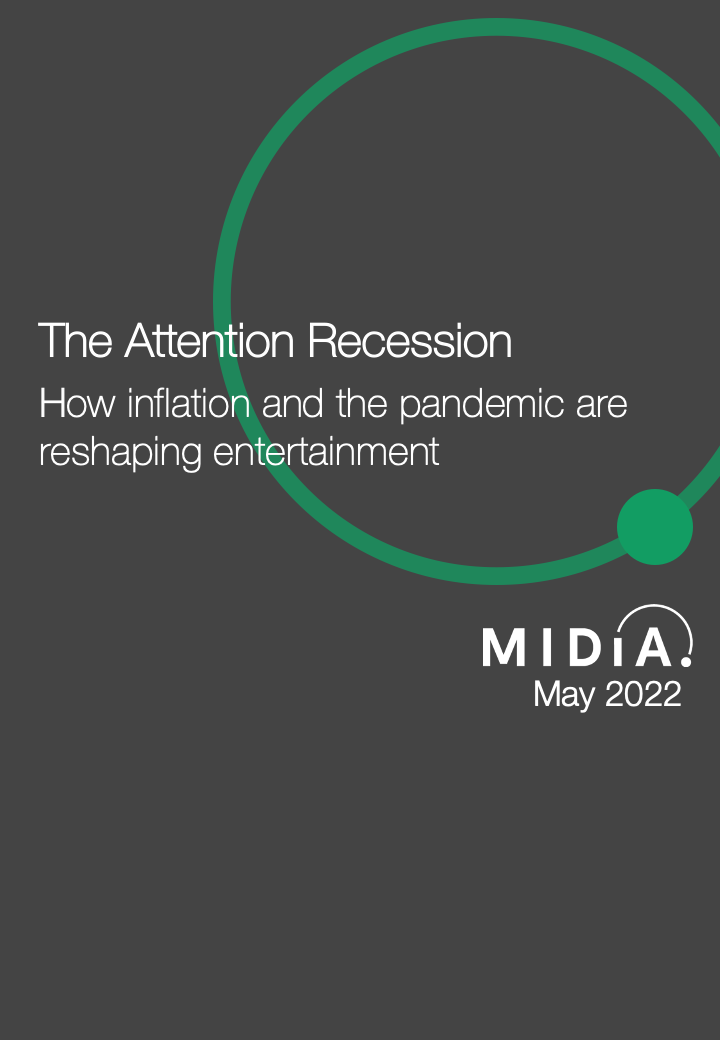
The Attention Recession How inflation and the pandemic are reshaping entertainment
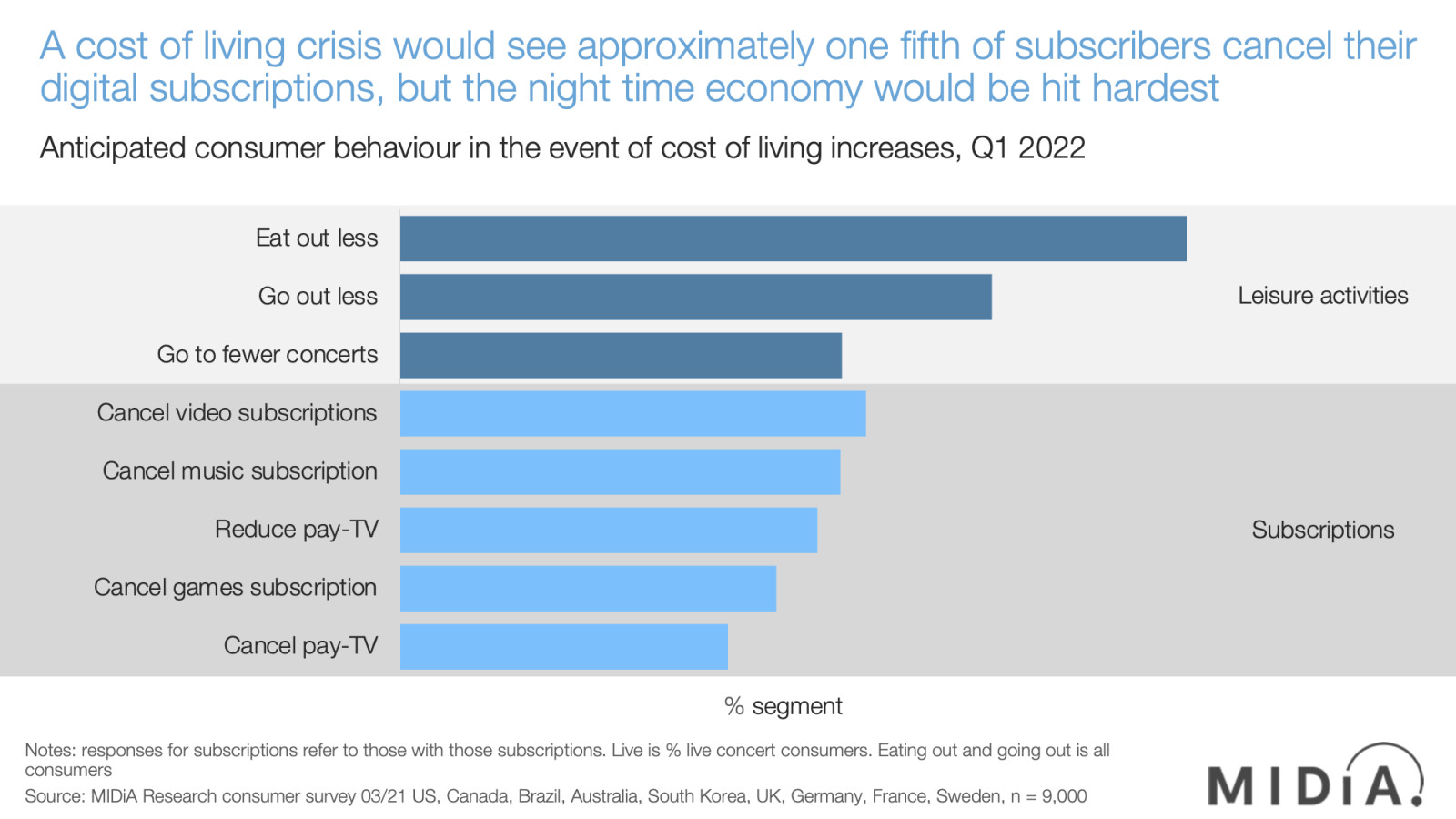
The Attention Recession: How inflation and the pandemic are reshaping entertainment

How the iPod changed everything
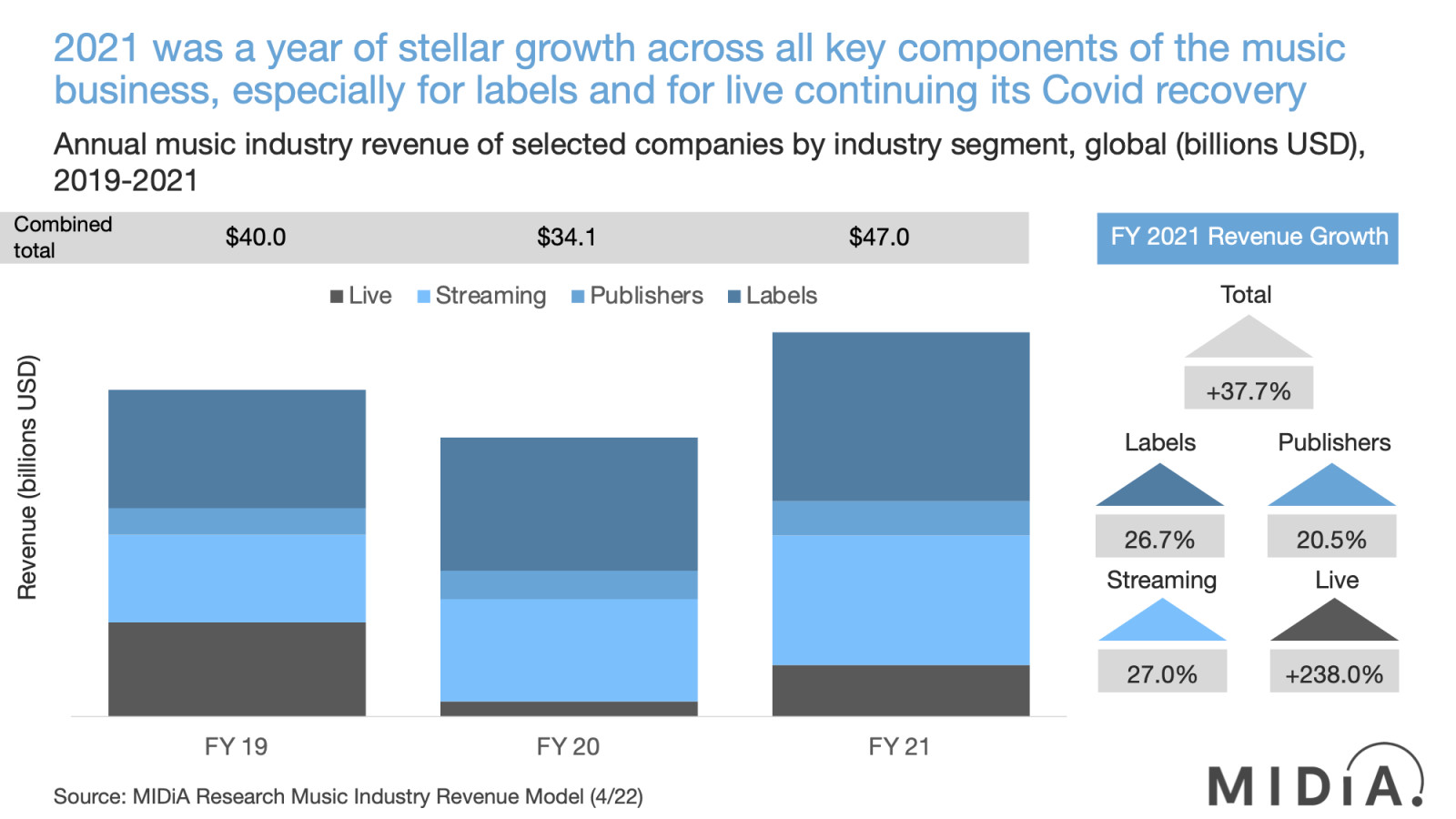
Music industry earnings 2021: Riding the wave
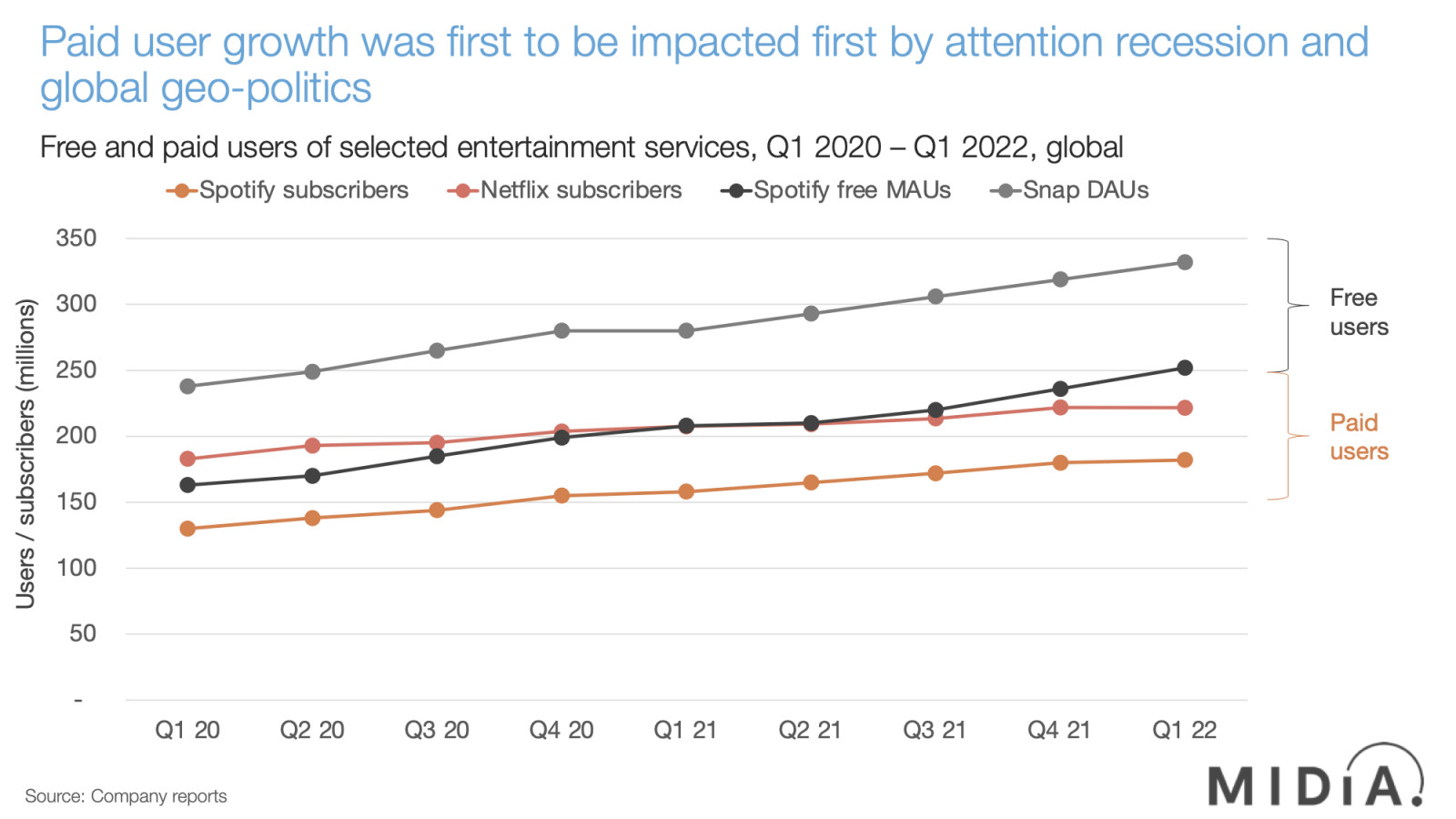
The attention recession has hit Spotify too
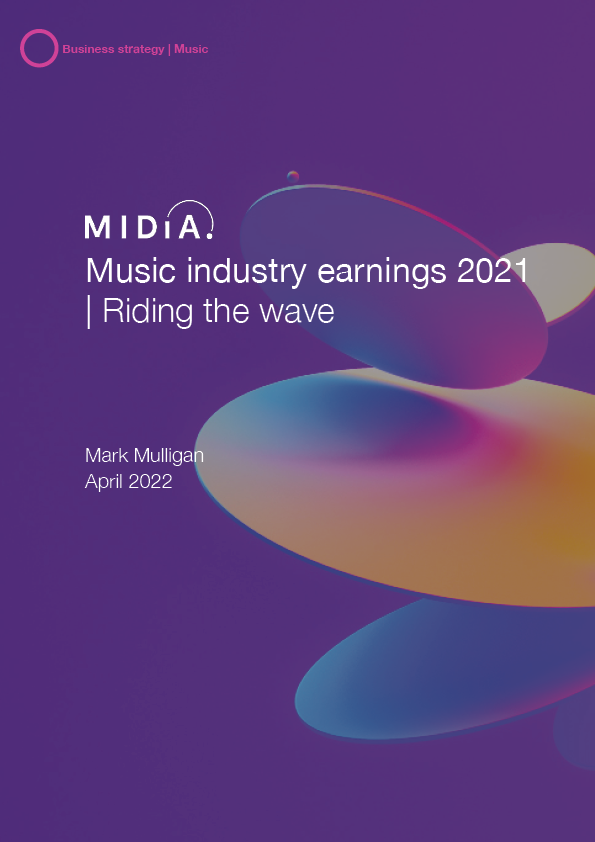
Music industry earnings 2021 Riding the wave
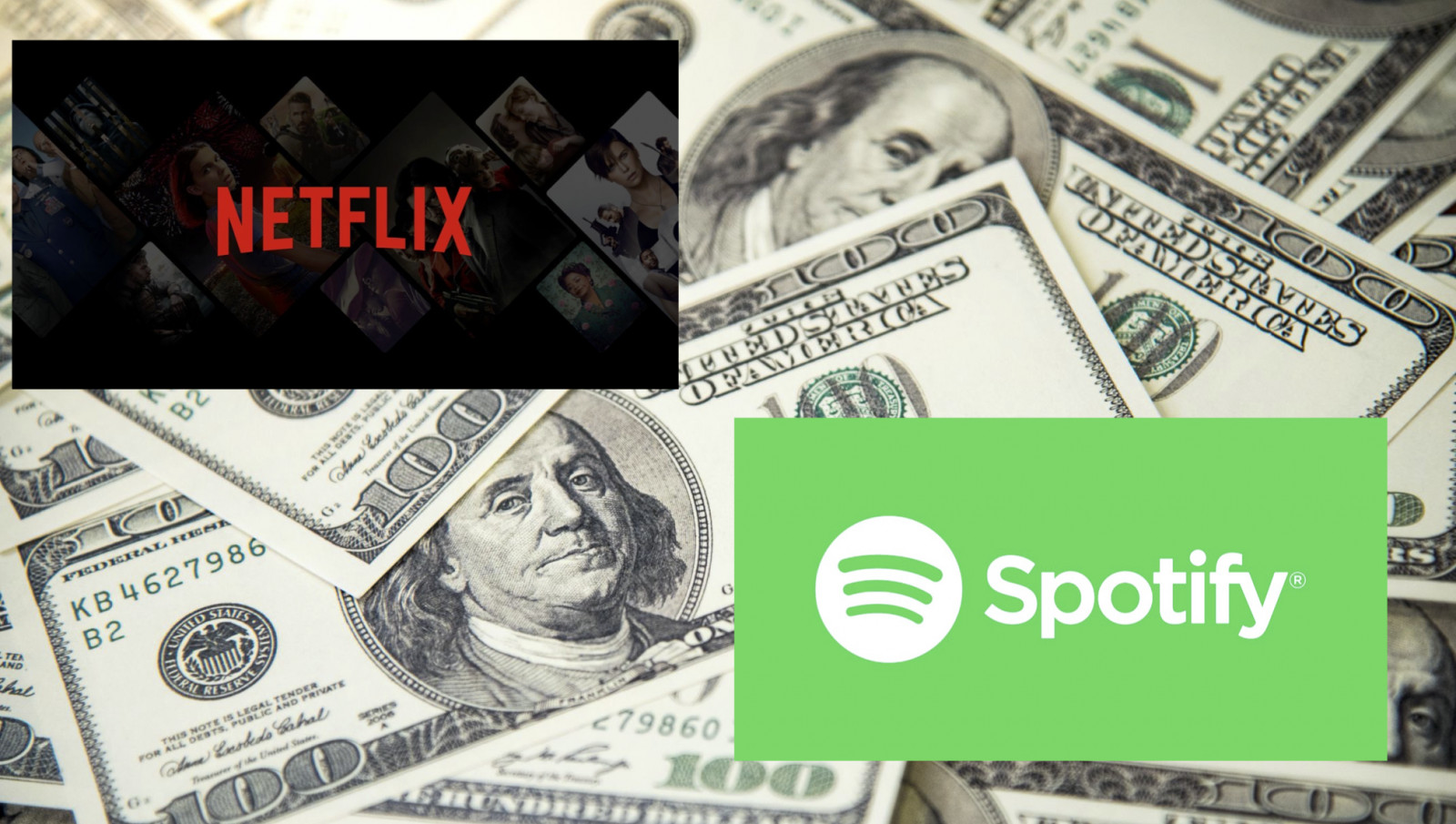
Forget peak Netflix, this is the attention recession

Fake artists are what happens when fandom dies

Did independents really do three times worse than the majors in 2021?
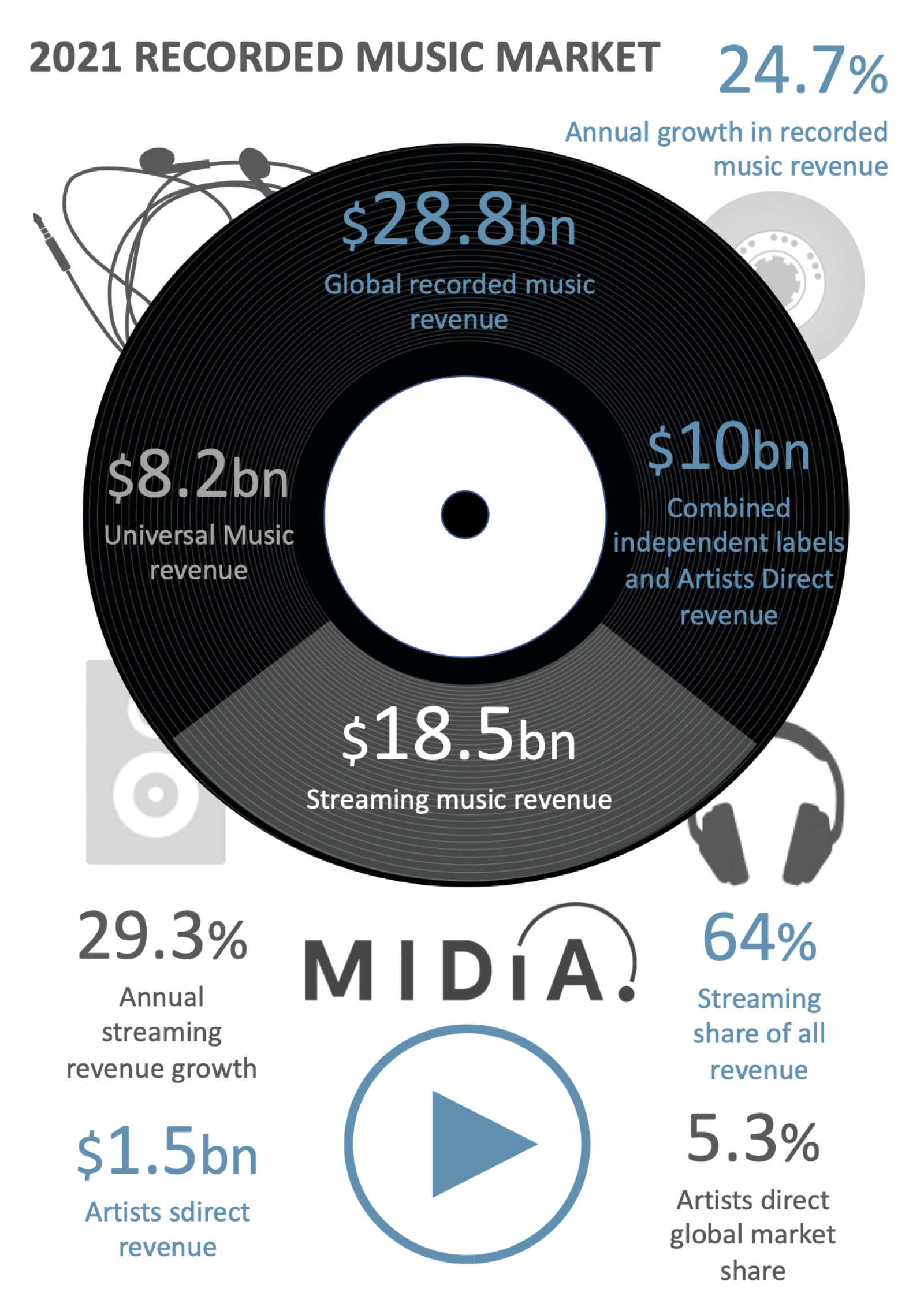
Recorded music market shares 2021 – Red letter year
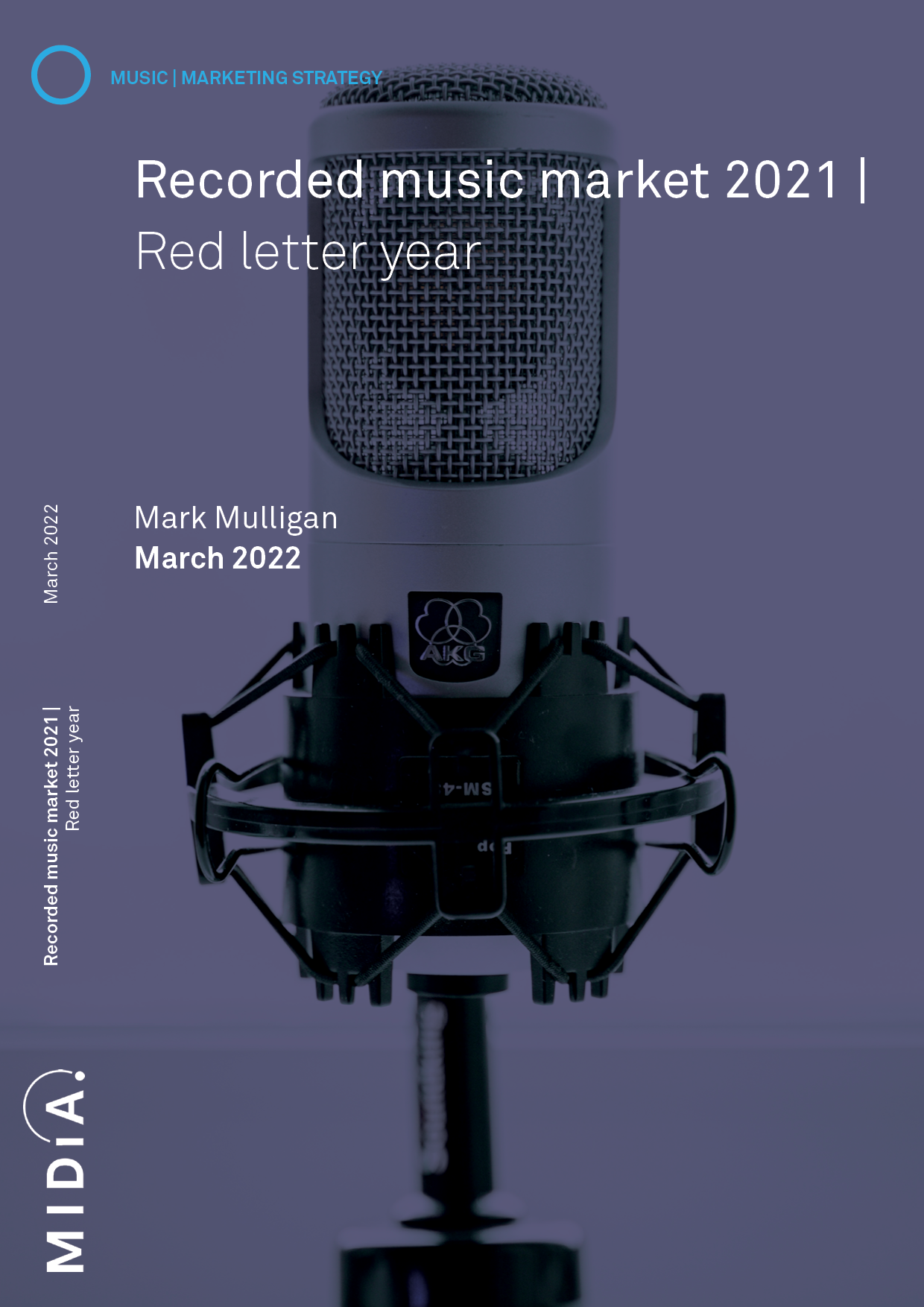
Recorded music market 2021 Red letter year
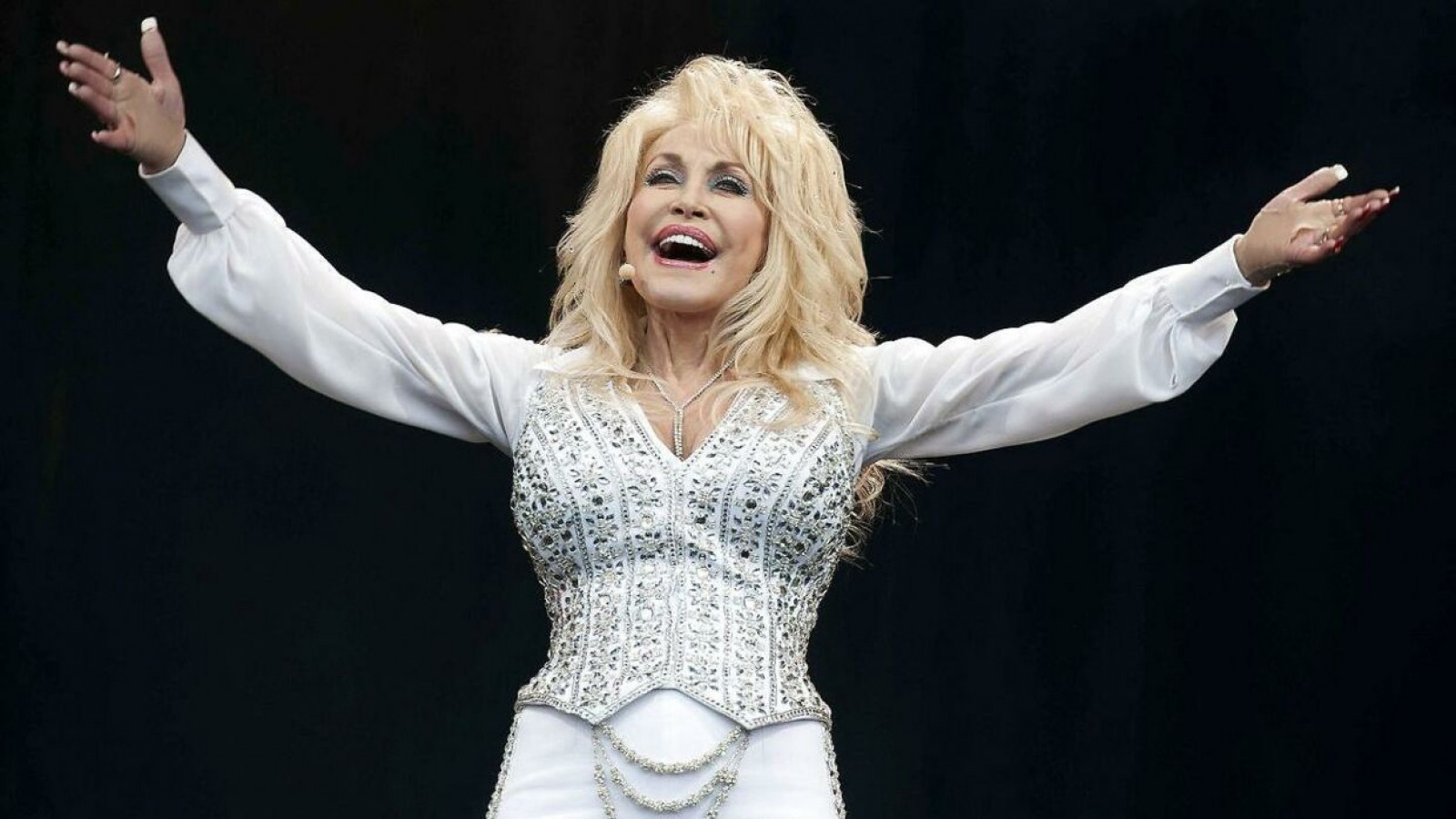
Why Dolly Parton may want to wait before selling her catalogue

Epic Games, Bandcamp, and fandom for the ‘me’ generation
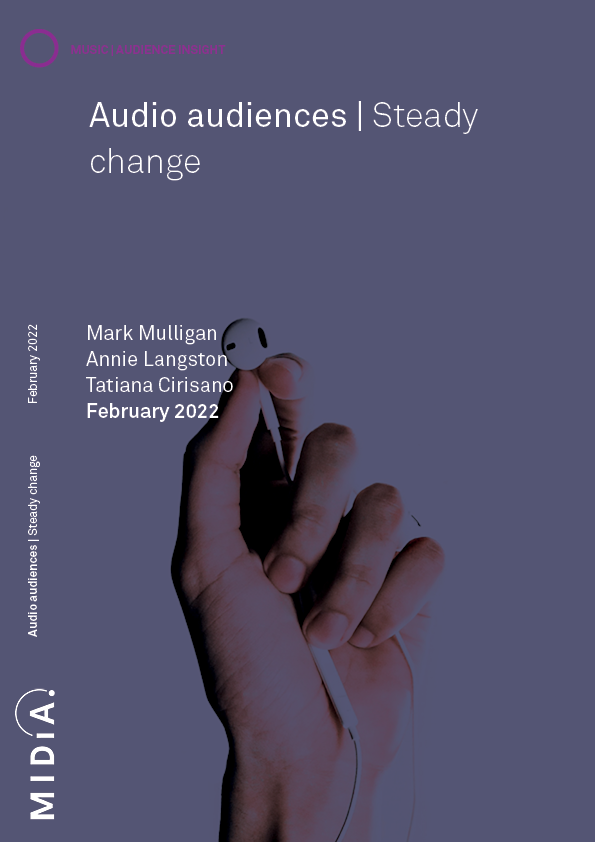
Audio audiences Steady change
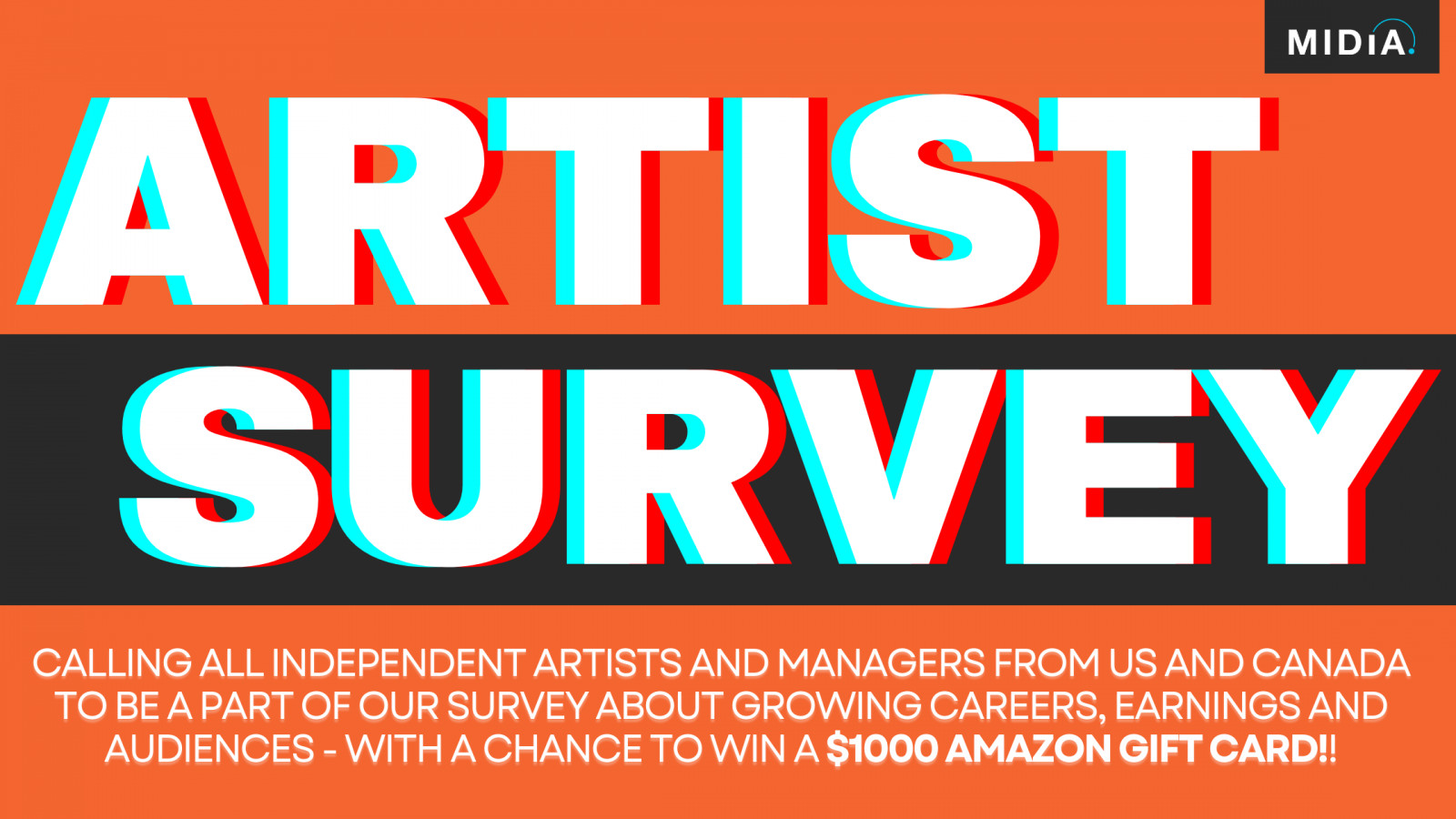
Music creators – we want your insight!
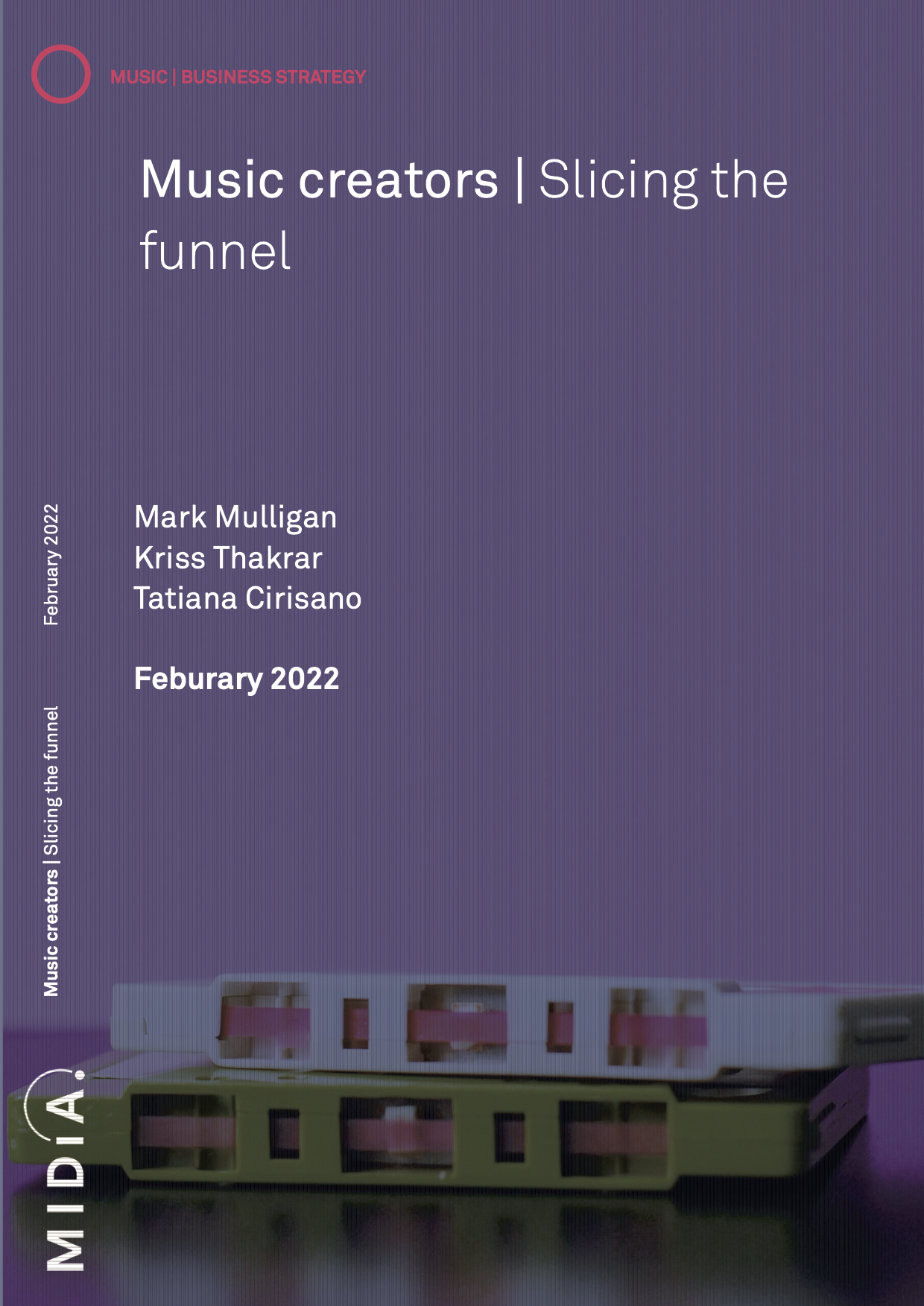
Music creators Slicing the funnel

Why Spotify cannot afford to make it three out of three with podcasts

From binging to burnout: the creator economy’s fault line
